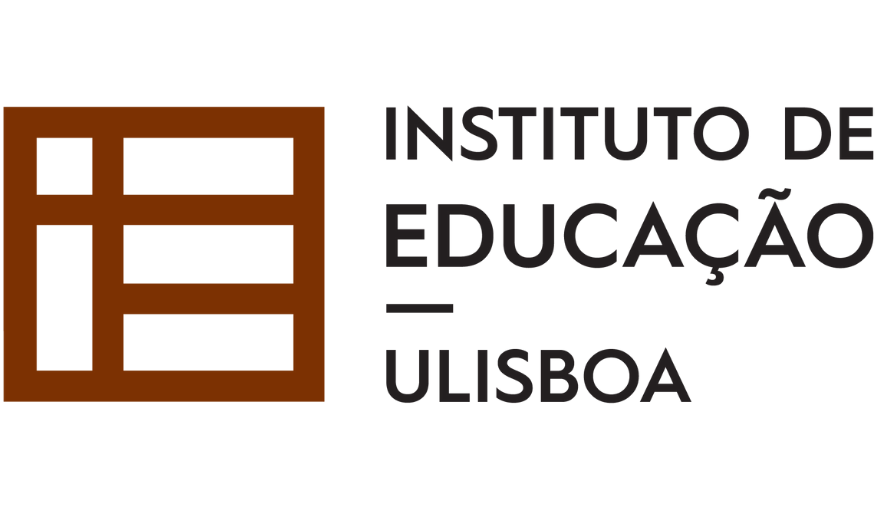Brain Drain and Academic Mobility from Portugal to Europe
Belmiro Cabrito
Luís Miguel Carvalho
Luisa Cerdeira
Tomás Patrocínio
Faculdade de Letras da Universidade do Porto (FL/UP)
Instituto de Sociologia (IS/FL/UP)
Centro de Investigação do Desporto e da Actividade Física (CIDAF)
Centro de Investigação e Intervenção Educativas (CIIE/FPCE/UP)
Unidade de Investigação e Desenvolvimento em Educação e Formação (UIDEF/IE/UL)
Emigration of high-skilled professionals from less developed countries to developed countries leaves the sending countries economies with a reduced supply of skilled people in research, production, and in public and private services. The resulting brain drain would limit the use of educational investment in the sending countries, creating favourable conditions for their re-use by the more developed countries. Skilled emigration has been analyzed according to two contrasting models: a) the model of the exodus that stresses the idea that more skilled individuals are forced to the exile, allowing them to get a job and a remuneration corresponding to their training; b) the model of the Diaspora that stresses the mutual benefits of intercultural exchanges opened by the circulation of academic, scientific and cultural cosmopolitan elites.
This research aims to test the comprehensive power of each of these theses referencing to the various types of mobility of highly qualified Portuguese professionals to Europe in the last decade. Although the existing statistics are poor on the methodology used and limited in its scope, it is recognized in international studies published over the past years that Portugal is one of the European countries where the drain is more accentuated in the last decade. Docquier & Marfouk (2007) estimated at 19.5% the proportion of workers with higher academic degree who emigrated in recent years. However, these preliminary data leave many unresolved issues which we describe and analyze in this pioneering study in Portugal:
| 1) | what are the modalities, causes and characteristics of brain drain over the past decade in Portugal? | |
| 2) | which is the evolution of the stock and flows? | |
| 3) | what are the forms of articulation between different modalities of the exodus of Portuguese skilled professionals and the process of international migration? | |
| 4) | what are the forms of articulation between the brain drain and the increasing flow of academic mobility? | |
| 5) | what are the consequences for the scientific system and Portuguese higher education? | |
| 6) | what is the impact in the emergence or reduction of scientific networks featuring Portuguese scientists? |
Faced with the lack of national and European statistics to describe accurately the phenomenon it is objective of this study to make a rough estimate of the qualified mobility from partial statistical data (Defoort, 2008) and to establish a methodology that allows to describe the brain drain in all of its extension. The research strategy is suitable to the characteristics of an exploratory study that allows enunciating questions and hypotheses that can be studied in later steps of the research.
Articulating an extensive research with an in-depth analysis we seek to identify the subjectivity of the direct actors of emigration in some of its main working contexts. We propose a mixed strategy which makes use of multilateral technical quantitative and qualitative data collection:
| a) | the questionnaire surveys that aims to characterize the push and pull factors present in the decision to emigrate, as well as the effects of deskilling and reskilling resulting from migration; | |
| b) | life stories and interviews with focus groups that will draft the life trajectories, the differential effects of socialization on the biographical dispositions and the strategies of improving the educational capital. |
Using a multiple case methodology we will describe and compare the circumstances, the modalities and the characteristics of the mobility of four types of migration of high skilled Portuguese individuals in Europe:
| a) | migration to a European country for the exercise of professions in higher education or scientific systems; | |
| b) | long-term migration to a European country for work in primary or secondary segment of the employment system; | |
| c) | European student mobility of 1st, 2nd, or 3rd cycle that leads to insert primary or secondary segments of the employment system of the receiving countries; | |
| d) | mobility and transient movement or commuting through European networks of science, production, services or culture. |
Case studies of each of these groups will test the research hypotheses presented in the literature in a comparative way:
| a) | the hypothesis of the brain drain; | |
| b) | the hypothesis of beneficial brain drain; | |
| c) | the hypothesis of the cross-fertilization of the elites; | |
| d) | the hypothesis of brain circulation through networking; | |
| e) | the hypothesis of latent brain drain due to mobility formation and training abroad. |
The research group combine expertise and knowledge in various areas: a) assessment of educational policies (Gomes, 2005); b) multi-level methodologies of observation of inequalities and employment (Costa & Lopes, 2011); c) economy of education approaches, specially about the funding of higher education (Cabrito & Jacob, 2011), d) comparative research projects on higher education policy (Taylor et al., 2008); e) education policies, citizenship and democracy (Correia et al., 2008).
01/01/2013 – 31/12/2014
FCT. PTDC/IVC-PEC/5049/2012
